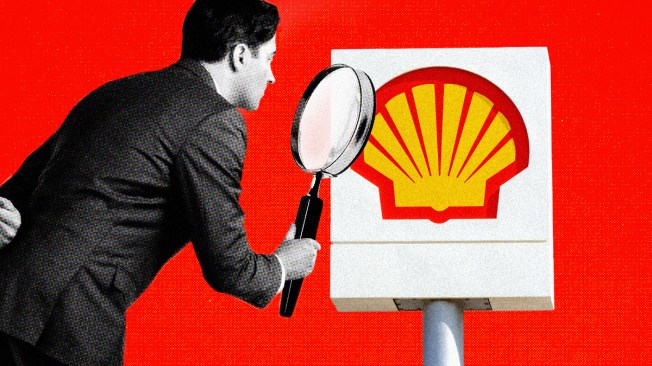Social media is evolving. Are you adapting? Connect with a community of brand pros and content creators at Social Media Week, May 12–14 in NYC, to learn how to keep pace with new trends and technology. Register now to save 20% on your pass.
Horizon Media is all in on green media.
Starting May 2024, the agency shifted all of the programmatic campaigns that were running through supply-side platform Sharethrough to the adtech firm’s green private marketplaces, trademarked as GreenPMPs. The product is designed to reduce the carbon emissions associated with ad campaigns by identifying and removing “climate risk” publishers with help from Scope3 data.
The move came after Horizon tested the performance of smaller campaigns run through GreenPMPs and found no negative impacts on scale or performance. In some cases, the more energy-efficient GreenPMPs improved performance because there’s significant overlap between high-emissions websites and wasteful impressions, both of which often stem from publishers having too many ads on one page or frequently reloading the ads.
Over the last nine months of using GreenPMPs, Horizon’s display campaigns have emitted 51% fewer carbon emissions. Video campaigns have seen a 57% reduction in carbon. Altogether, Horizon has delivered 300 million impressions while avoiding 34 metric tons of carbon dioxide equivalent emissions. That’s about the same as the amount of carbon emissions that would be emitted by driving from New York City to Los Angeles 31 times, according to the U.S. EPA.
“The advertising industry has a unique opportunity to become one of the first industries to reach net-zero emissions,” Frank Maguire, vice president of insights, strategy, and sustainability at Sharethrough, said in a statement. “To get there, we need advertisers to prioritize sustainable partners and share how sustainability benefits both the planet and business performance.”
The announcement comes after a prolonged era of “greenhushing,” meaning that many brands are scrapping sustainability efforts or staying quiet about climate-related projects for fear of backlash.
While the European Union is moving ahead with emissions reporting requirements for companies selling within its borders, some American businesses are heading in the opposite direction. Over the last year, companies including Microsoft, Crocs, and Coca-Cola have dropped, delayed, or missed sustainability targets.
The emissions associated with digital advertising pale in comparison to the energy required to power artificial intelligence models and data centers, manufacture plastic shoes, or bottle 134 billion sodas annually.


